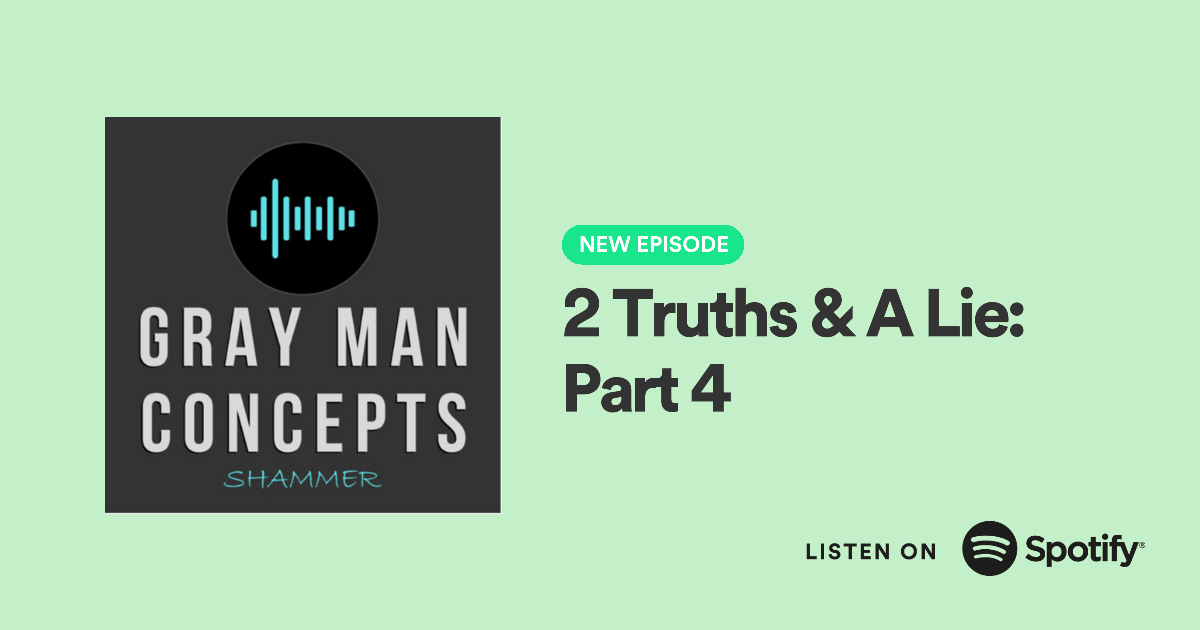An EU summit on Turkey relations. Political interactions between Turkey and the European have intensified in recent weeks ahead of a March 25-26 EU summit where the bloc will discuss its relations with Ankara. According to EU diplomats, Brussels may decide against imposing any immediate additional sanctions against Turkey to leave room for resolving their various political disputes. Better diplomatic ties between Turkey and the European Union could open the door to an updated migration agreement and the resumption of customs union talks, but some of Ankara’s domestic and foreign policies could still derail the current improvement of bilateral relations.
A visit to China and South Korea by Russia’s foreign minister. On March 22, Russian Foreign Minister Sergei Lavrov will visit China for a trip meant to showcase Russia’s links to Beijing at a tense moment in U.S.-China relations. On March 25, South Korea will then host Lavrov for a visit beginning March 25 to mark the 30th anniversary of bilateral relations, delayed from 2020 due to the COVID-19 pandemic. Lavrov's South Korea trip comes on the heels of U.S. Secretary of Defense Lloyd Austin and U.S. Secretary of State Antony Blinken’s visit to the country, which marked the quieting of U.S.-South Korea tensions following the former White House administration’s trade and military cost-sharing pressure. However, the U.S. trip also showcased the disconnect between Seoul and Washington on the issue of North Korean denuclearization, which Lavrov will seek to exploit during his visit in order to tighten Russia’s relations with a key U.S. ally.
Israel’s fourth national election in two years. With health data indicating a decline in infections and vaccinations now reaching over 50% of the population, Israel is positioned to become one of the first countries to tame the COVID-19 pandemic and reap the economic benefits. But its March 23 national election could thwart that upward trajectory, particularly if no clear winner emerges and forces Israel to either enter a period of extended political negotiation or hold yet another election. Without a government, Israel’s national budget, already delayed a year, would remain frozen. And its caretaker leaders would have less influence in guiding Israel to take advantage of the economic opportunity that its rapid vaccination campaign has granted.
Another round of debt talks between Argentina and the IMF. Argentine Economy Minister Martin Guzman will hold two days of talks with the International Monetary Fund (IMF) in Washington on March 23-24 to discuss renewed IMF support for a long-awaited economic stabilization program. Argentina’s IMF negotiations have made little progress so far, particularly with the Argentine government facing legislative elections in October. Argentina owes the IMF more than $45 billion with payments beginning this year. Higher soybean prices and prospects for a supplemental bump in foreign exchange reserves from IMF’s creation of new global reserve assets have enabled Buenos Aires to delay what it considers painful, albeit necessary, corrections to fiscal and monetary policies. If, however, the Argentine government begins to accumulate arrears to the IMF, it faces the prospect of either coming to terms on a realistic economic program or potentially reneging on external obligations for a record 11th time. Private sector creditors agreed in 2020 to restructure their claims on Argentina on the presumption that the country would rationalize its economic policy. The government’s failure to do so has since pushed down secondary market prices on Argentina's debt back to near-default levels.
How to get your free month
How pricing works
How to view posts
What you can post
A #podcast about #persuasion, #deception, #communication, and the #Grayman
https://promocards.byspotify.com/share/5e3dfefd944d823be992a43447470e279711b635
These are some of my favorite camping tips A #podcast about #preparedness, #camping, #hiking, and the #Grayman
https://spotifyanchor-web.app.link/e/umedj5kJiBb














